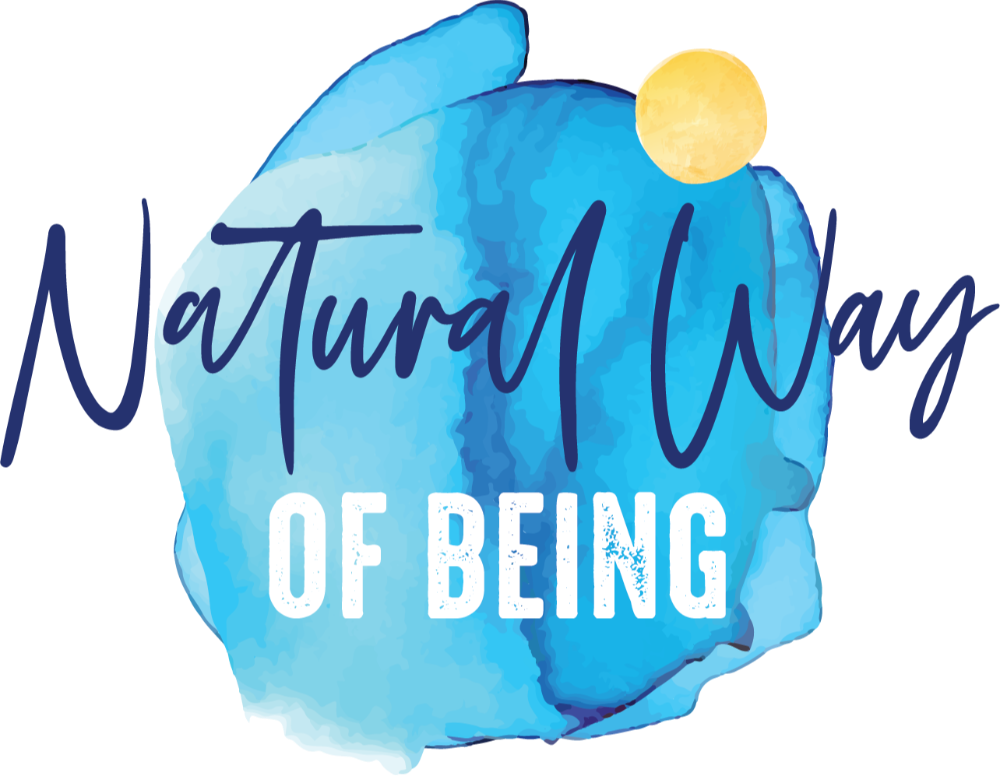Their Best Gift
May 28, 2023Video Summary:
When people interact with you, they offer you their gift. Granted sometimes it may not feel like a gift. You could call it their offering if you prefer. It's what they offer you at that moment. My premise for this video is the gift or offering that people are offering is the best they're able to do at that moment.
So you may say, “Well, geez, he said he was going to show up, and he didn't, so he certainly could have offered better. You're telling me that that was their best?” Yes, I am. My premise is if they would've been able to support, embrace, or love you more, they would have.
We have expectations about the way people are going to interact with us. I talked about this in the video two weeks ago. We have expectations that we extend to our significant other, friends, boss, child, parent, acquaintances, and coworkers. We have expectations about how we would like them to be.
And, they're not like us. You may have noticed. Sometimes they're going to show up in a way that is different vastly than our expectations. And when they don't, it can get really painful. We can feel betrayed, hurt, disappointed, angry, or sad. This can be very emotional.
That's why there's so much freedom in accepting that the way they showed up and the gift they offered was the best they could do at that moment. Then we can deal with it. Then we get some choices. The fundamental choice is we can either accept or reject the gift they're offering.
And we do this energetically. We respond with our energy and demeanor as we accept or reject their gift. I try to embrace the gift they're offering as much as I can and then I have to let go of my expectations. I have to let go of control.
So when they say, “I know I said I was going do this, but now I can only do this. I can help you for a couple of hours and then I gotta split.” So at that point, I can say, “Okay, just come over and help me for a couple of hours. I can accept their gift as it is and let go of, “I was counting on them to help me the whole day.”
Now I might need to make adjustments. I might need other people to help me the rest of the day. But it’s seeing their gift as a gift. They're helping me for a couple of hours. That's what they're able to offer.
That's a very practical example. There are also emotional versions such as the extent they're able to support us. Someone may not be able to support me the way I need to, so then I have to go to someone else to get the emotional support I need.
But the freedom of this is accepting that's the best gift they could offer at that moment. So then right away, I'm coming to terms with reality. So rather than wasting time having an argument with reality, I can immediately move to, “So what do I do with that?”
And if I don't embrace and accept their gift, now I'm having a problem with reality. Then I can't deal with it emotionally. I can't deal with it practically because I'm wishing the gift they offered was something else.
But when I do accept their gift, I can enjoy the connection of them offering that gift and offering my gift in return. I can get on with having an experience with them. Maybe it's an intimate sharing experience. Even if it's disappointing and not what I expected, I can still feel the loss.
If we accept the reality of their gift, we can feel the disappointment, betrayal, or grief of the experience. We might realize, “I thought our friendship was this, and they showed up like this. This is a clear indication that our friendship is different than I thought it was.” That can be really sad.
But I wouldn't have gotten to that sadness and the reality of the situation so quickly if I hadn’t accepted their gift.


